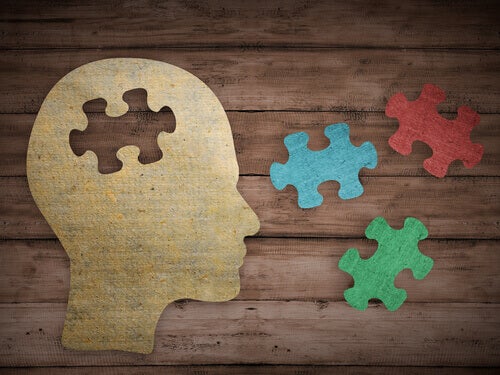It may be for cultural reasons, inertia, inexperience or pure knowledge, but the truth is that there are many concepts of psychology that we misuse, most mistakes in this regard are related to the tendency to consider and use certain words as if they were synonymous, when in fact they are not.
Thus, although some of them are closely related, their meaning may be very different, in this article we will show 8 pairs of words that, in the vast majority of cases and erroneously, are considered analogous.
- Strengthening and punishment are the two most important concepts in behavioral psychology.
- We are talking about the first if we try to increase the probability of behavior.
- If on the contrary we want to reduce it.
- We must talk about punishment.
Negative reinforcement involves the elimination of aversive stimulus, i. e. an object or situation unpleasant to the person, this strategy increases the likelihood of repeated past behaviors. your child to reward him for spending the afternoon studying.
Punishment is the presentation of a negative stimulus, which decreases the likelihood of a behavior repeating itself. We will give two examples: when our boss imposes a small penalty for delay or when the child lacks dessert for bad behavior.
Antisocial behaviors are actions that are dangerous or harmful to society and generally involve harm to third parties, who feel rejected or have difficulty living in society.
In fact, antisocial personality disorder (TAP) is a psychiatric condition attributed to those who circumvent pre-established norms and the law, and may even commit serious crimes by impulse, even knowing their illegality; at the other end is shyness, which does not. hurting others. It is a feeling of insecurity or shame that the person feels in the face of new social situations.
To dismember the two concepts, we must consult the father of psychoanalysis, Sigmund Freud. Although there is currently a tendency to use them interchangeably, there are subtle and important differences between these two concepts of psychology.
The subconscious is the emotional mind, which obeys tastes or desires, for example, if we move the basket of clothes, it will take us a few days to get used to its new location, this shows us that subconscious neural connections are strengthened over time.
On the other hand, the unconscious is the mental content that escapes consciousness or what is difficult to achieve through it, this is the most primitive spirit, the result of a genetic improvement during years of trial and error, he is the one who drives, for example, breathing.
The difference between these two terms is very simple and it is a matter of quantity and possession, for there to be envy it takes two people. In addition, this emotion is associated with “not having”. This person wants what someone else has and doesn’t want me to have it.
Jealousy usually involves three or more people and it’s a matter of ‘ownership’, they appear when someone feels that an important relationship is threatened, they are an emotional response to the fear of losing something very precious to us. that our neighbor bought a new car, you feel jealous. When our best friend becomes engaged, we may be jealous because the bride interrupts the relationship we have with him, but we are not jealous
Sex, according to the latest edition of the style manual of the renowned American Psychological Association (APA, 2010), refers to the biological differences that exist in people, while gender is more limited to social distinctions.
Sex is determined by nature, that is, a person was born male or female, gender can be learned and therefore changed and manipulated.
The confusion between these two concepts in psychology can be determined because patients with auditory hallucinations (hearing voices) can develop delusions, such as believing that other people want to harm them.
But while hallucination is a perceptual experience entirely invented by the mind, illusion consists of distorting an external stimulus or an existing reality. The illusion is a more or less elaborate belief that lives with deep conviction, despite the fact that objective evidence points in another direction.
Both processes are part of the same path that begins with stimuli and ends in the brain, but although they are often used interchangeably, they are not exactly the same: sunlight is received by the retina and a sound by the hair cells in the inner ear.
In other words, the person receives internal and external stimuli and captures them through these receptors. Therefore, sensation is the initial phase of the perception process and is carried out through our five senses. Perception is the next phase. It is the psychological and biological process by which the brain interprets and gives meaning to the information that reaches it through the senses.
Although both are indicators of psychopathology, symptoms are subjective and signs are mostly objective, the former are listed and explained by the patient himself from his own point of view and perception, such as drowsiness, pain, muscle weakness or dizziness.
However, the signs are detected by health professionals through relevant psychophysical investigations, some are: fever, edema, psychomotor retardation or jaundice.
Knowing how to use these psychology concepts correctly will help us understand ourselves and explain ourselves more accurately. The right information helps us make important decisions.

